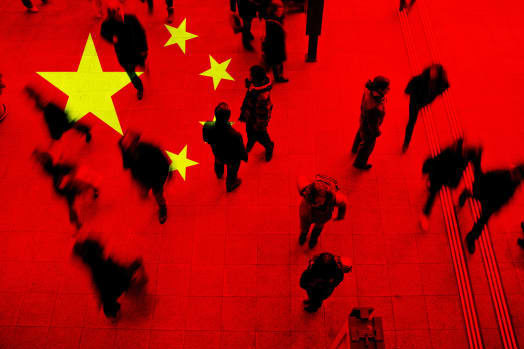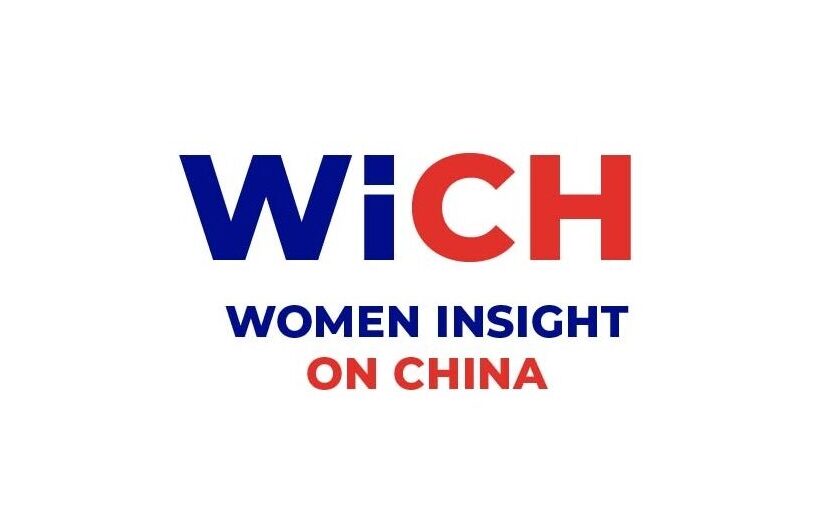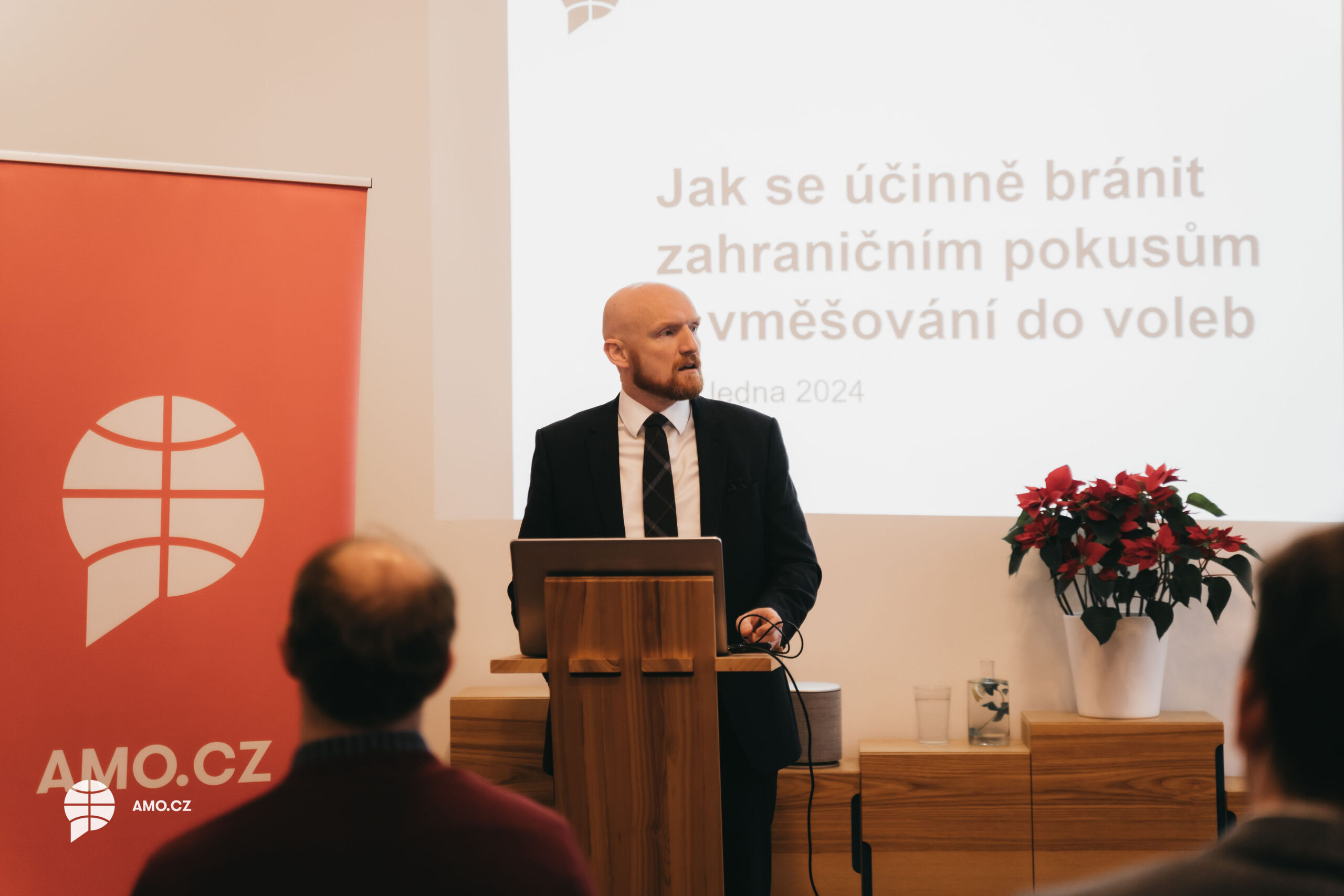China has successfully planted its narratives on topics like the Hong Kong protests into major news outlets across Central and Eastern Europe.
The ancient Chinese military strategist Sun Tzu believed that it is better to attack the enemy’s mind than to attack fortified cities. The People’s Republic of China (PRC) is a rather keen disciple of Sun Tzu, and it has been using modern media and social networks to “attack the minds” and win the hearts of Europeans in a rather skillful and so far underreported way.
A prime example of the China’s strategy to dominate the discourse in European media has been its attempts to change the narrative on Hong Kong’s ongoing protests. China Observers in Central and Eastern Europe, a network of China specialists in the region, discovered that during the protests in Hong Kong from August to October, PRC embassies in Central and Eastern Europe approached local media with an offer to publish an ambassador’s op-ed or an interview with the head of the embassy promoting the official “real account” on the protests.
In the Czech Republic, PRC Ambassador Zhang Jianmin wrote an op-ed critical of the Hong Kong protests and mentioning foreign influence behind the scenes; the piece was published in Parlamentní listy, an alternative, yet widely read news server. In Latvia, Chinese chargé d’affaires Sun Yinglai gave an interview on the issue to NRA, one of the biggest newspapers in the country. In Estonia, the Chinese ambassador’s op-ed got published in Postimees, the largest newspaper in the country. Vilniaus diena in Lithuania carried a similar article signed by the ambassador. A left-wing outlet, Trybuna, in Poland and extreme left Nové Slovo in Slovakia also carried op-eds signed by China’s respective ambassadors criticizing the Hong Kong protests. Moreover, in Slovakia, a mainstream business daily, Trend, published a paid article (advertorial) by Lin Lin, the PRC ambassador to Slovakia, on the same issue. Apart from the Central and Eastern EU member states, similar articles were found in media outlets in North Macedonia, Bosnia and Herzegovina, and Montenegro.
What some articles in the above mentioned media had also in common was a reference to the “bright” or “better future of Hong Kong” that would follow if and when the protests stop. Interestingly, this identical phrase was found in Czech, Estonian, Latvian, North Macedonian, Polish, and Slovak articles, revealing a coordinated, region-wide effort to swing the narrative in favor of the Chinese Communist Party’s discourse.
The media outlets where pro-China narratives on the Hong Kong protests were published ranged from alternative to mainstream, including a high ratio of left-leaning outlets. The proportion of articles published in formally commercial sections was relatively high, which suggests the editors saw a lack of credibility of the texts. Moreover, interviews with journalists in Estonia uncovered that op-ed published in Estonian Postimees was allegedly facilitated by a PR company hired by the Chinese Embassy. A similar strategy of hiring a public relations companies to get the Chinese Communist Party’s message to the European public has not been confirmed (yet) in other outlets. The incident itself, however, presents a rather disturbing example of how far China is willing to go to whitewash its actions in Hong Kong.
Read the whole article at The Diplomat.


